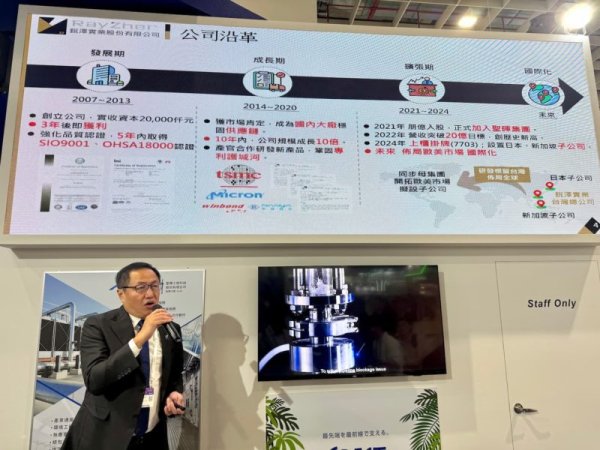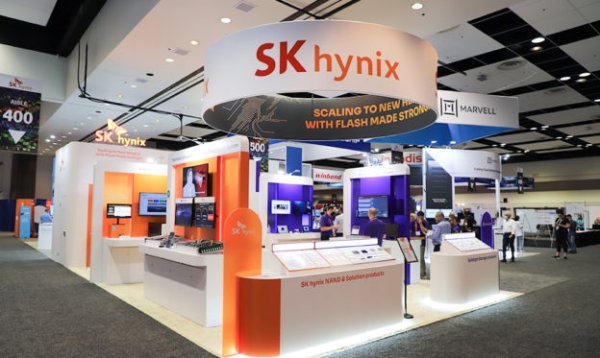China upgrades rare earth export controls, Ministry of Economic Affairs: Taiwan s semiconductor manufacturing process has not been affected

The Chinese government upgraded rare earth export control measures last week, forcing the United States to retaliate hard. President Trump has announced that the United States will impose 100% tariffs on China starting from November 1. As the U.S.-China trade war heats up again, will Taiwan's semiconductor development be affected?
Since April this year, China has controlled seven types of medium and heavy rare earths and related permanent magnet materials: samarium, gallium, dynamium, dysprosium, gallium, scandium and yttrium. The Ministry of Economic Affairs stated on the 12th that this time it will newly control five types of medium and heavy rare earth metals, alloys and related products: europium, erbium, erbium, and ytterbium, and will simultaneously expand the end uses of relevant controls to cover the research and development and production of logic chips below 14 nanometers, storage chips above 256 layers, as well as production equipment and testing equipment for manufacturing the above-mentioned process semiconductors, or the development of artificial intelligence with potential military applications. Future related projects need to be reviewed and approved on a case-by-case basis.
The outside world is concerned about whether Taiwan's semiconductor industry will be affected by this. The Ministry of Economic Affairs stated that the rare earth elements in the expanded ban are not the same as the rare earth items required for Taiwan's semiconductor manufacturing process. It is not expected to have a significant impact on the semiconductor manufacturing process. Taiwan’s current needs for rare earth-containing products or rare earth derivatives are mainly supplied by Europe, the United States and Japan.
The Ministry of Economic Affairs also pointed out that since permanent magnet materials such as samarium, dynamium, and dysprosium are key materials for the production of high-efficiency motors, the overall market procurement schedule has been delayed and prices have increased since the control in April this year. This expanded control may have an impact on global supply chains such as the manufacturing of electric vehicles and drones, and the subsequent impact still needs to be closely observed.
As the U.S.-China trade war intensifies, the Ministry of Economic Affairs emphasizes that it pays close attention to the impact of China's rare earth export control measures on Taiwan's industry, uses science and technology programs to assist industries in strengthening the development and recycling of rare earth technologies, and promotes diversified procurement and international cooperation to ensure a stable supply of key minerals and maintain the security and resilience of Taiwan's industrial chain.
Further reading: U.S.-China trade war resumes, Beijing criticizes U.S. for hypocrisy and defends rare earth export restrictions China plans to tighten controls on rare earths. Experts: Taiwanese factories’ imports from Japan will have a huge impact To counter China’s rare earth export measures, Trump will impose 100% tariffs on China starting from 11/1 China controls rare earth technology and requires approval for export of some chips ECB warns: China's rare earth supply disruptions will threaten euro zone economy



